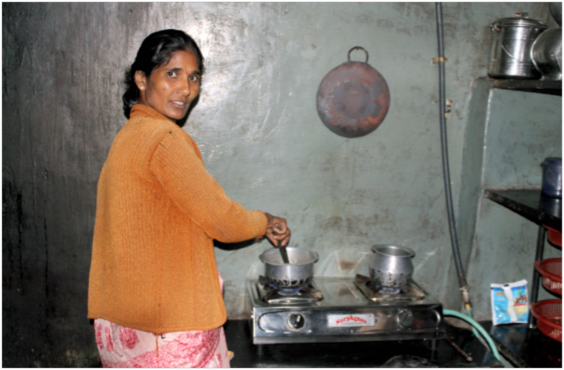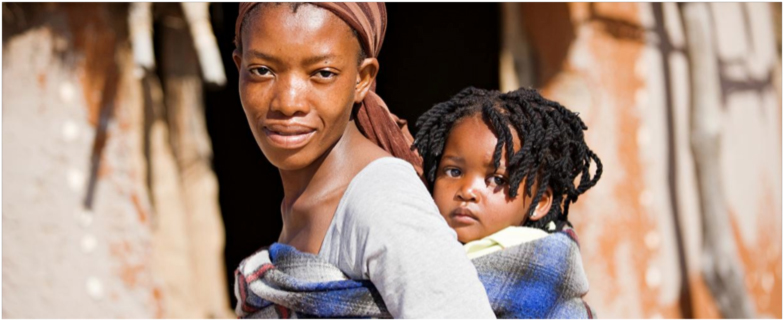Pipeline

The FairClimate Fund is a social venture that invests in clean cooking solutions for low-income households and trades carbon credits generated from these community- based projects. FCF is building 12,000 biogas installations for households the operate on manure, to reduce 3 tons of CO₂ per year. The biogas unit produces clean energy, reduces deforestation, and provides more time for women to focus on income generating activities. The biogas slurry is a rich source of fertilizer that also increases crop productivity. After 9 years, the biogas unit is paid off in the form of carbon credits and the families obtain the right to sell the carbon credits themselves.
A sample FCF project has provided upfront financing to enable the production and dissemination of 18,000 biogas installations in the Kolar District in Karnataka, with the Coolie Sangha- a 25 year-old membership- based people’s organization – that implements various grassroots planned development activities, including providing credit for Coolie women, activities to support young widows and deserted women, a village level decentralized credit activity, agricultural development, and domestic renewable energy projects such as biogas.

The South Pole Group in western Uganda provides this rural region with reliable and sustainable energy from hydropower, to displace diesel generators and wood-fired heating and lighting. This leads to better indoor/outdoor air quality, reduces respiratory and eye diseases. The project provides benefits to women through funding a clinic and maternity ward, piped water supply system, a tertiary education program for women, and reforestation of the watershed.

In China’s westernmost province of Xinjiang (Uyghur Autonomous Region) near the border with Tajikistan and Kyrgyzstan, the South Pole Group manages a project to replace fossil fuel use by utilizing local surplus biomass from cotton growing – the main economic activity – to generate sustainable electricity for the rural areas. The project provides clean energy, jobs and benefits to farmers who sell their biomass for additional income. Women of the area have benefited from jobs, income from the biomass sales, and free fertilizer that increases productivity of their agricultural crops.

In northern Zimbabwe, the South Pole Group implements the Kariba REDD+ Community Development project to protect forests and provide sustainable livelihood opportunities for poor communities in a region suffering heavily from deforestation, poverty, and drought. Its aim is to reduce deforestation and forest degradation through a range of activities such as conservation farming, healthcare centers, community gardens, and family-based micro-businesses, proposed by local communities and supported by carbon finance.

In India, the Swayam Shikshan Prayog enables women as leaders and entrepreneurs, through support to social enterprises and initiatives that offer a range of skill-building, livelihoods, agricultural and health-enhancing opportunities to rural women, youth and communities. SSP partners with a consortium of 5,500 self-help groups (SHGs) in marginalized regions to provide clean energy, affordable health and sanitation and adopt climate smart agriculture practices. Operating at the nexus of nutrition, sustainable agriculture, and gender, Swayam Shikshan Prayog empowers 72,000 women in the drought-prone state of Maharashtra to act as agricultural decision-makers, improving their health, food security, and economic well-being.
